Why Adrian Miller quit Saatchi & Saatchi
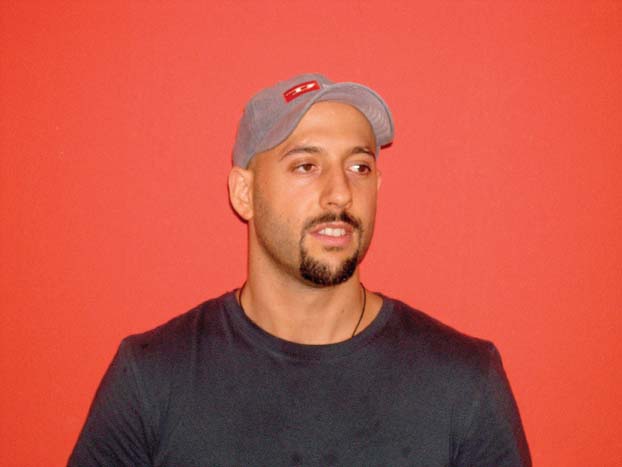 In the last edition of Campaign Brief Asia we published an interview with former Saatchi & Saatchi Malaysia/Singapore ECD Adrian Miller. Following his recently announced new position as Chief Creative Officer at JWT New Delhi CB Asia thought it timely to post the interview in full here.
In the last edition of Campaign Brief Asia we published an interview with former Saatchi & Saatchi Malaysia/Singapore ECD Adrian Miller. Following his recently announced new position as Chief Creative Officer at JWT New Delhi CB Asia thought it timely to post the interview in full here.
Adrian Miller was sitting at the top of the creative tree in Asia, filling one of the plum jobs going around, yet he decided to walk away from the post. Campaign Brief Asia’s Heather Jacobs spoke with Miller as he takes a short break from the industry before announcing his next step. It’s been a heady rise to the top for Miller, with the agency that he resigned as ECD from – Saatchi & Saatchi Malaysia – filling the overall No2 position in the latest Campaign Brief Asia Creative Rankings.
The advertising industry can expect Adrian Miller, the former executive creative director of Saatchi & Saatchi Malaysia, to resurface sometime in August-September when he returns to the coalface after taking a break since resigning in April.
During his tenure, Saatchi’s Malaysia rose up the ranks in Campaign Brief Asia’s Creative Rankings to become the leading agency in Malaysia for the past two years and, as this edition of the magazine shows, the second most awarded agency in Asia – up from 26th place when he first joined in 2006.
For the past few months Miller’s been having a break, spending time with his young children. He recently sat on the Clio judging panel and will join the Cannes Direct jury before starting his new job. He was tight-lipped about the role but did confirm it is likely to be a regional one across Asia-Pacific, and that it definitely won’t be based in Malaysia. He could even open his own agency.
Miller surprised many when he resigned from what some would consider a dream job and at a time when he was clearly being groomed for a larger regional role. In November 2009 he was promoted to ECD of the Singapore office as well as retaining his current role as ECD of Saatchi’s Malaysia, when the two offices were merged to create a single operation.
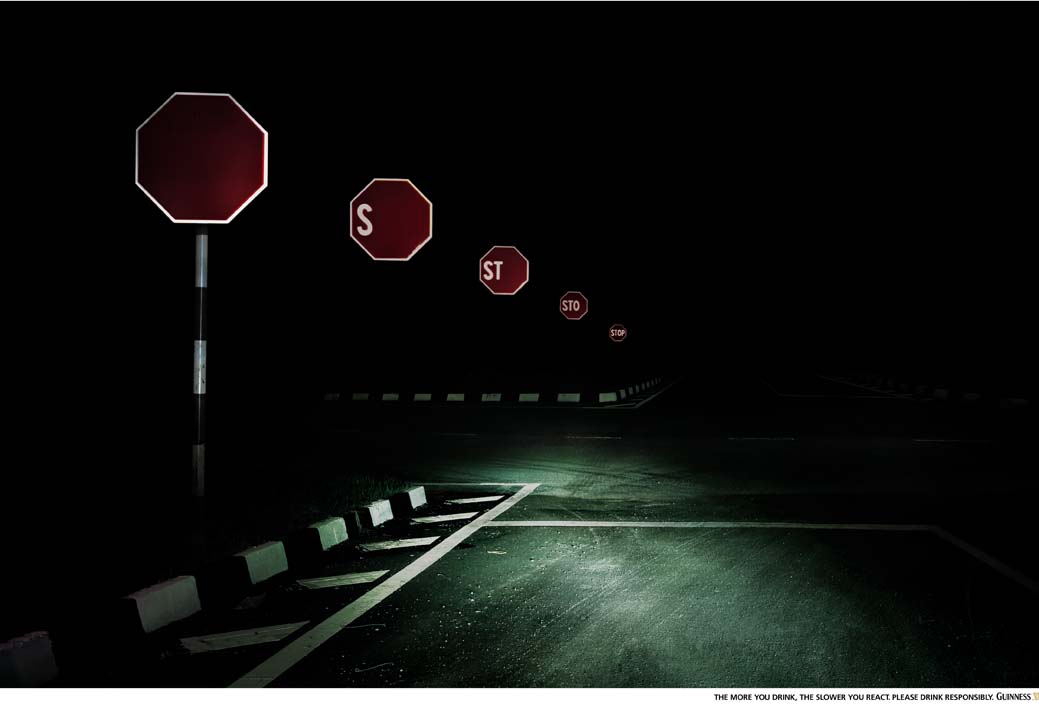 At the time, Dean Taylor, CEO of Saatchi & Saatchi Singapore and Malaysia, said the move was driven by some big regional account wins and the fact that many clients saw the two countries as one market. The CEO praised Miller’s contribution to the network, saying he was nothing short of a creative revelation: “He is an inspirational leader who is fantastic at giving people direction and dealing with organisational complexity. He has that rare gift of decisiveness that all truly great team captains possess.”
At the time, Dean Taylor, CEO of Saatchi & Saatchi Singapore and Malaysia, said the move was driven by some big regional account wins and the fact that many clients saw the two countries as one market. The CEO praised Miller’s contribution to the network, saying he was nothing short of a creative revelation: “He is an inspirational leader who is fantastic at giving people direction and dealing with organisational complexity. He has that rare gift of decisiveness that all truly great team captains possess.”
However, the love-fest was short-lived with Miller soon coming to regret accepting responsibility for the two offices.
He says: “When I thought about it and actually looked at what was in store I didn’t think it was the right move for me. I don’t think you can be ECD of two agencies, essentially, I think you have the Singapore office and then you have the KL office and they are two different beasts. I think to be ECD in one office is hard enough, but to do it at two offices of a vastly different nature was an impossible job – for me. You can operate as a regional creative head like Andy (Greenaway) because you have a helicopter view of the network. You are going into an office, looking at some work, attending to some work and then going on to the next office. I don’t like taking on things unless I think I can succeed at it, and for me, I didn’t think I could succeed at that and give it my all.”
Having first resigned as ECD of Saatchi & Saatchi Singapore, he then stood down from the Malaysian role as well and has since been replaced by Bruce Matchett, the former Ogilvy Sydney ECD who starts in June as ECD of both offices.
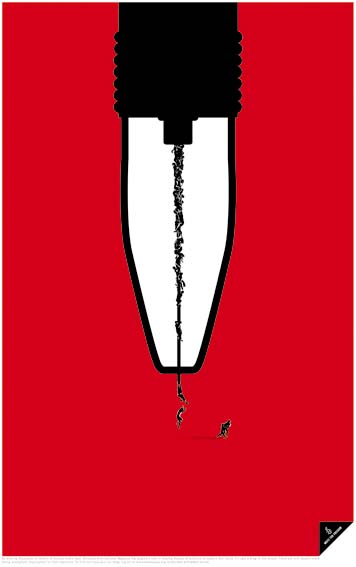
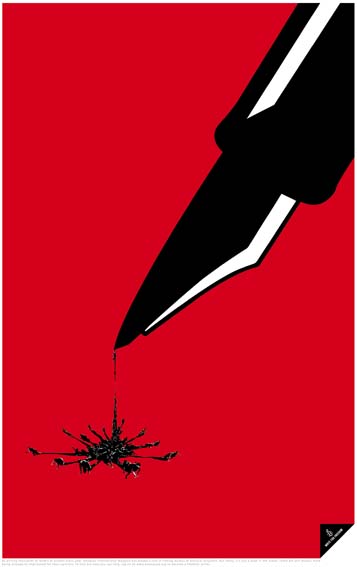 Saatchi & Saatchi Malaysia was in good shape when Miller joined but he pushed it further into the global spotlight forming a formidable team with Edmund Choe, who had been appointed ECD in 2001. Just before Miller was appointed, Choe was given the additional role of ECD of Saatchi & Saatchi Jakarta and in 2008 was made ECD across the agency in Greater China, relocating to Beijing.
Saatchi & Saatchi Malaysia was in good shape when Miller joined but he pushed it further into the global spotlight forming a formidable team with Edmund Choe, who had been appointed ECD in 2001. Just before Miller was appointed, Choe was given the additional role of ECD of Saatchi & Saatchi Jakarta and in 2008 was made ECD across the agency in Greater China, relocating to Beijing.
Soon after Miller’s resignation, many of the key creatives in the department plus the planning director have also decided to move on. Why?
“When you are a very creative agency and you work really closely together and then when a major catalyst for that leaves, that results in a certain amount of uncertainty,” he says. “We were a very close knit agency, the planning department worked really close with the creatives, it was open-plan, no one worked in offices, the comradeship was really strong so when I left people thought it was all going to change so they started resigning.”
He says the main change he made at the agency was to have it operate in a more open way – including convincing creatives not to guard their work so ferociously but to get other people involved.
“It was an open system, we might have three people in teams, we might have two people, it was very much open, people worked at big long tables and shared their thoughts. When I arrived everyone was working in individual cubicles, I changed that over the past three years. Then we moved the whole planning department in with the creatives.”
Miller liked that everyone in the agency was winning awards and doing well – it wasn’t a case of one individual team doing all the most recognised work, but everyone contributed. And the awards were certainly plentiful. Just in the last year, the agency won 45 international awards.
Penguin/Silverfish Books’ ‘Page Numbers’ came in as the ninth most awarded print ad in the world in 2010, according to The Gunn Report and Saatchi & Saatchi Malaysia was listed in the top 50 of the world’s most awarded agencies (see two executions below). This is the second time Miller has made the top ten in The Gunn Report. In 2006 his Land Rover Owner’s Club work was the fourth most awarded print ad in the world. At the time he was ECD of Lowe & Partners KL, where he’d worked from 2004-2006, during which time he was appointed to the Lowe Worldwide creative board.
At the 2009 Spikes Asia Festival, Saatchi & Saatchi Malaysia was the second most awarded agency, picking up Gold and Silver for Penguin/Silverfish Books as well as awards for Amnesty and Guinness. It was also named Agency of the Year at Malaysia’s local award show, the Kancil Awards, in 2007 and 2008 but boycotted the show last year, along with BBDO Proximity Malaysia, over the composition of the local members of the jury panel.
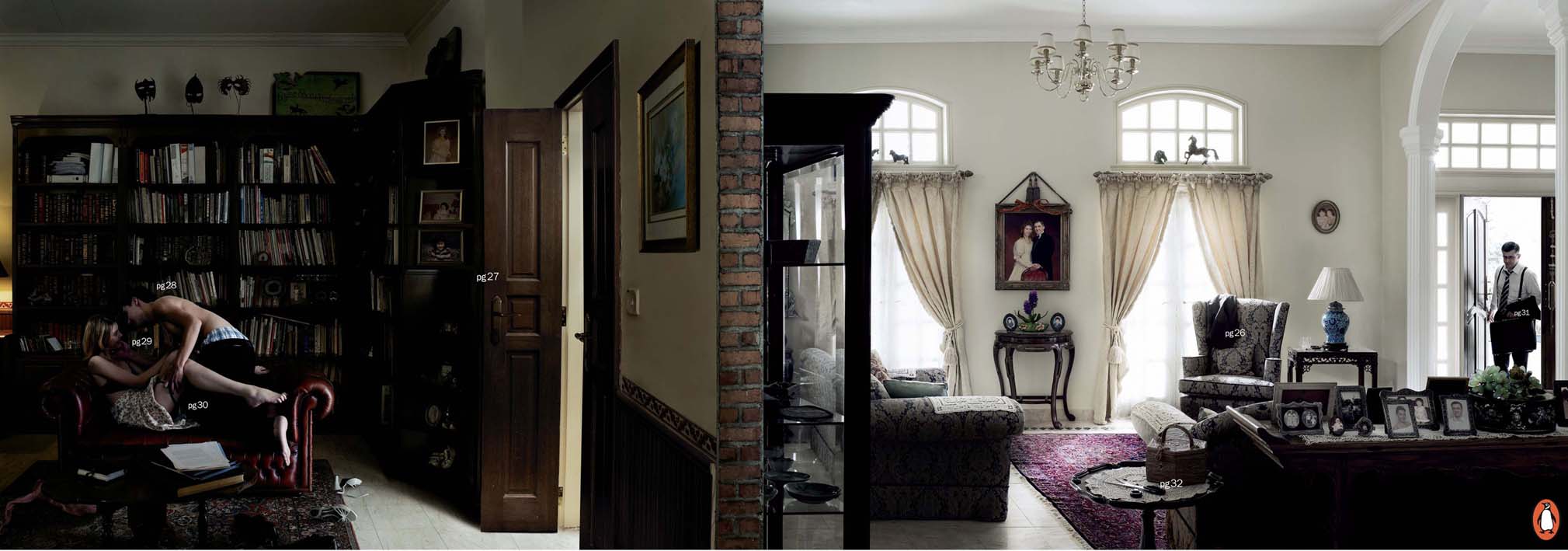
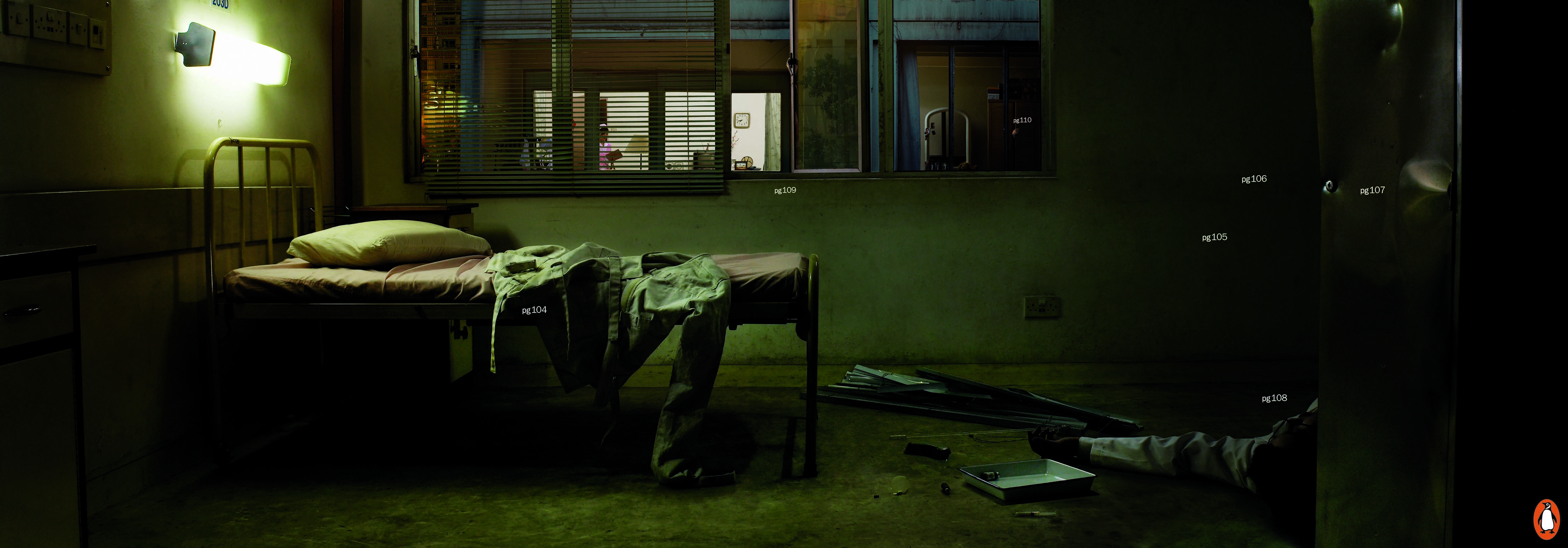
But the work he is proudest of is not necessarily the most awarded. It’s campaigns for Guinness, which the agency handles regionally and Tiger Beer, for which Saatchi & Saatchi Malaysia picked up the regional account in 2007. (The account has recently moved to Y&R Singapore).
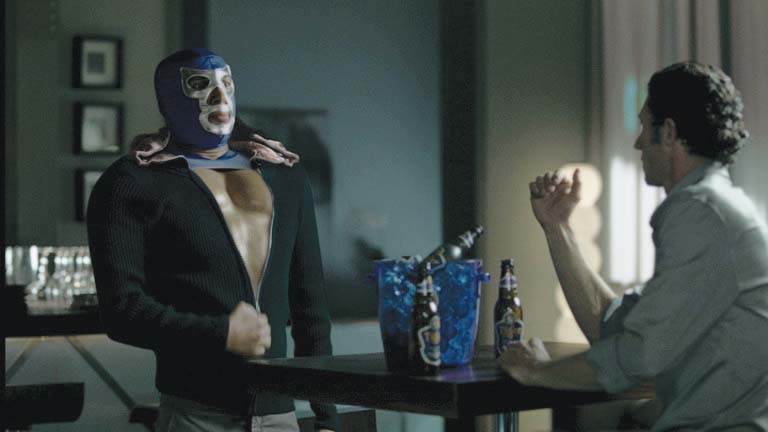 He particularly likes the most recent Tiger Beer ‘Contest’ campaign, one that is yet to be tested in the award shows.
He particularly likes the most recent Tiger Beer ‘Contest’ campaign, one that is yet to be tested in the award shows.
“On Tiger it was a matter of taking a client that was doing a certain amount of work and pushing it to a level where we are doing the work we are doing now, which is great,” says Miller. “It’s big grown up work and we had to research every market. To get the result t
hat we did takes a lot of patience and working together with the client. If you’re doing a proactive piece of work or pro bono work – it’s easy, anyone can do that. For me, yes, we won a hell of a lot of awards on print work but the work I’m proudest of is the big Tiger and Guinness work.” (View Guinness “Pockets”, “Cloth”, “Cue”).
In fact, apart from the economic downturn, which posed obvious challenges brought about by budget cuts and the freezing of pay rises and new hires, Miller finds getting clients to approve big brave work the biggest challenge about working in South-East Asia.
“We were lucky at Saatchi’s because they spent a lot of money and did big work, but generally most clients are not buying big brave work. That might change, but the biggest challenge that Malaysia certainly has and I think Singapore as well because it is quite a small market, is getting clients to buy work that stands-out, has an idea, and that they spend money on the execution, because it feels kind of small,” he says.
Top creative talent leaving Malaysia is another big challenge. For example, apart from the changes at Saatchi’s that’s seen senior creatives Lydia Lim and Ong Kien Hoe relocate to Singapore and China respectively, Ronald Ng, the former ECD BBDO Malaysia moved to BBDO New York as EVP/ECD last September and his replacement Mun Tuck Wai, is poised to relocate elsewhere within the BBDO network. Furthermore, Theo Tan and Tan Giap, a young creative team at BBDO Malaysia recently moved to Saatchi and Saatchi Singapore. Many more including Miller’s ex boss Edmund Choe have been lured to China.
“So I’m not sure what’s going to happen in terms of where the country is going creatively because when I speak to a lot of the Malaysian talent they all want to work outside of Malaysia and a lot have left,” says Miller. “I’m not sure where the next level of Malaysian creative leadership is, the guys that are ECDs have been there for years, I’ve not seen the next generation come through.”
The elephant in the room is the controversial Saatchi & Saatchi Worldwide directive to all offices to limit the number of awards shows that offices are able to enter internationally to just the Cannes Lions and the choice of only one local show in each market. There is also a total ban on entering print work into either show.
While Miller has publicly come out in support of the move, and denies it’s the reason he resigned, he does question the merit of the policy.
He says the impetus for the ban is that Saatchi & Saatchi is trying to reinvent the agency – because for years, particularly in Asia, it has dominated the print category and now wants to remove itself from this game and become known for more integrated/digital/Titanium type work.
“Looking at where print is going, it’s becoming a smaller, less prestigious thing to win,” says Miller.
“I agree that you shouldn’t enter any scam ads, those days are over, but just not entering shows totally is going to be a bit odd, especially for the young guys, who want to enter awards. We’ve all done it, so it’s a bit much to say, ‘well you can’t enter awards now’, and they can kind of go, ‘well Adrian you’ve entered your fair share’. Every organization has their structures and directives and either you go along with it or you don’t. I’m not going to say whether it’s right or wrong, it’s an agenda Saatchi has set themselves in this part of the world and now they have to act on it. It’s their decision.”
It all comes back to the fact that there’s a big scam issue in Asia and Saatchi’s, being one of the most awarded agencies, always came under people’s gaze.
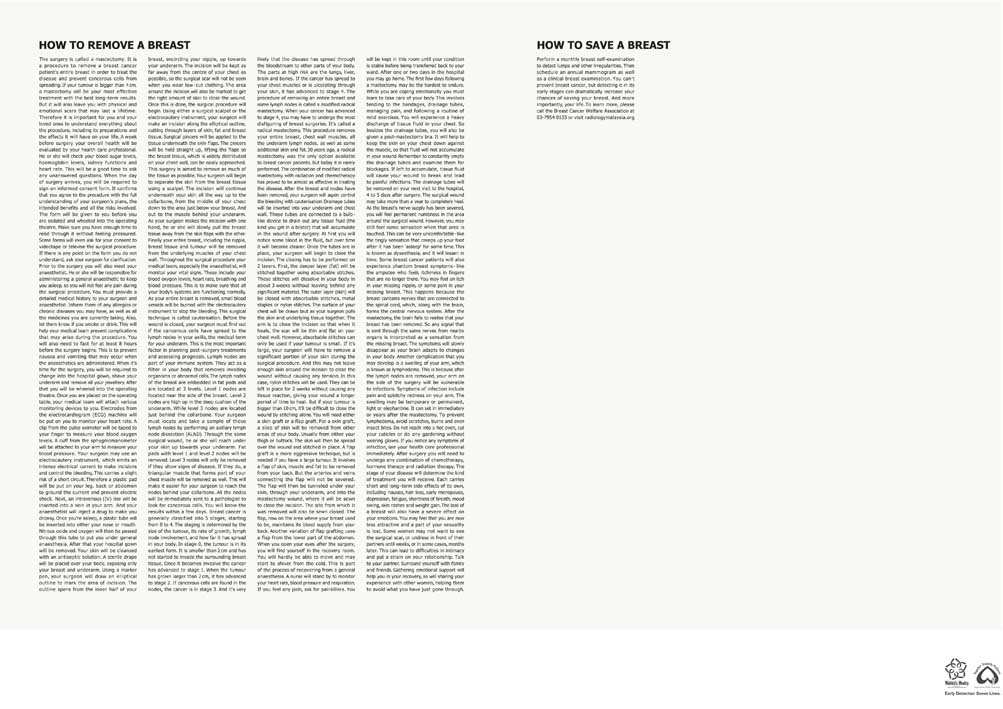 “It was a discussion that took place at an ECD conference where they decided to invest in more big real work instead of doing small one-offs. It’s a commendable thing in some respects, but there’s a lot of emphasis now placed on the whole scam ads issue, especially with award shows around the world and I don’t think Saatchi wants to be involved in it anymore to be honest, and maybe rightly so.”
“It was a discussion that took place at an ECD conference where they decided to invest in more big real work instead of doing small one-offs. It’s a commendable thing in some respects, but there’s a lot of emphasis now placed on the whole scam ads issue, especially with award shows around the world and I don’t think Saatchi wants to be involved in it anymore to be honest, and maybe rightly so.”
Miller agrees that taking a stance is tough, especially if everyone else continues to be awarded for it.
“It’s a difficult one, I agree scam is out, we’ve all done it, but doing an initiative for a client and getting them to properly buy into it lock, stock and barrel is one thing, but if you are doing something for your corner shop then I think there’s a problem there. Those days are over,” he says.
The backlash against scam advertising was reflected in entries to international shows this year with entries from Asia to both One Show and D&AD seeing a massive downturn after the introduction of stiff penalties for ads being revealed as scam.
For D&AD, Singapore was down 33 per cent on 2009 entry levels, Malaysia was down 45 per cent, Thailand 39 per cent down, China 46 per cent down and Hong Kong was down by 22 per cent on 2009 entry levels. For the One Show, there was a similar fall in entries to this year’s show with Singapore down 52 per cent, Hong Kong down 31 per cent and China down 28 per cent.
Miller says a look at what Asia has been winning with in the last few years, shows the fall-off in entries is definitely because of the tougher stance.
He says: “Maybe you can throw in the economy there but I think it’s more the crackdown, I don’t think anybody wants to be exposed, that’s definitely part of Saatchi’s strategy as well. I don’t think entering, and then, you know if they are going to question everything, that kind of suspicion is really embarrassing. If you look at the rules, the client has had to have paid for production, I don’t think that’s something a lot of agencies in Asia can prove. They produce the work, they show the client, and the client says yes. So there’s quite a lot of things you have to tick before it’s legit so I think it’s quite hard.”
On the upside, there are signs emerging that Asian agencies are already starting to reinvent themselves full of the knowledge that the scam gravy train cannot continue indefinitely. Miller applauds this because it puts more emphasis on not playing the award game but rather putting those resources into talking to clients about real work and lifting the overall standard.
Despite the challenges, Miller wouldn’t consider working in any other industry – and if he did it would have to be something creative. He finds advertising fun, with the client basically paying you to play every day.
He says: “There are not many jobs that allo
w you do that. It’s something fresh on a daily basis, it’s certainly challenging but it’s something that allows you to be yourself and it’s an industry that allows you to play a lot, and I think that’s fun. It’s constantly changing and constantly evolving and it keeps you on your toes at the same time.”
Sounds like he’s going to be on his toes for some time to come.

9 Comments
Great, now he’s doing a steve elrick. Well, better late…
Not entering as many entries is almost an admission of guilt anyway.
and by that you mean complain about everything while slowly melting into a pool of nothingness
there we go miller-bashing. the losers of the industry ganging up under the cloak of anonymity and venting their collective spleen. Pathetic.
good article Adrian. I’m sure there’s a lot more you could have said…
1.08 you’re nothing but an apologist. Good creative directors build business AND an award tally.
Take a look at Saatchi today, nothing but a house of cards.
Good stuff Adrian. i like the guinness pool spots.
Great interview CB.
Well answered Adrian. Respect to you and good luck with the new post.
Just heard that dean taylor the MD has left saatchi too.
Wow, the echoes in that place must sound deafening.
This is what happens when all you can do is scam.